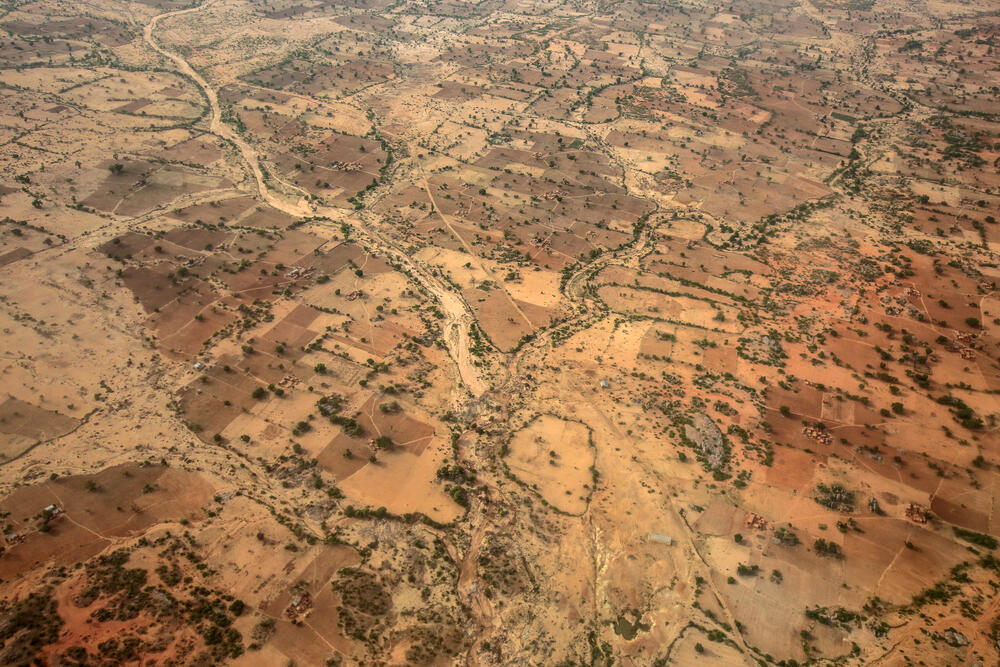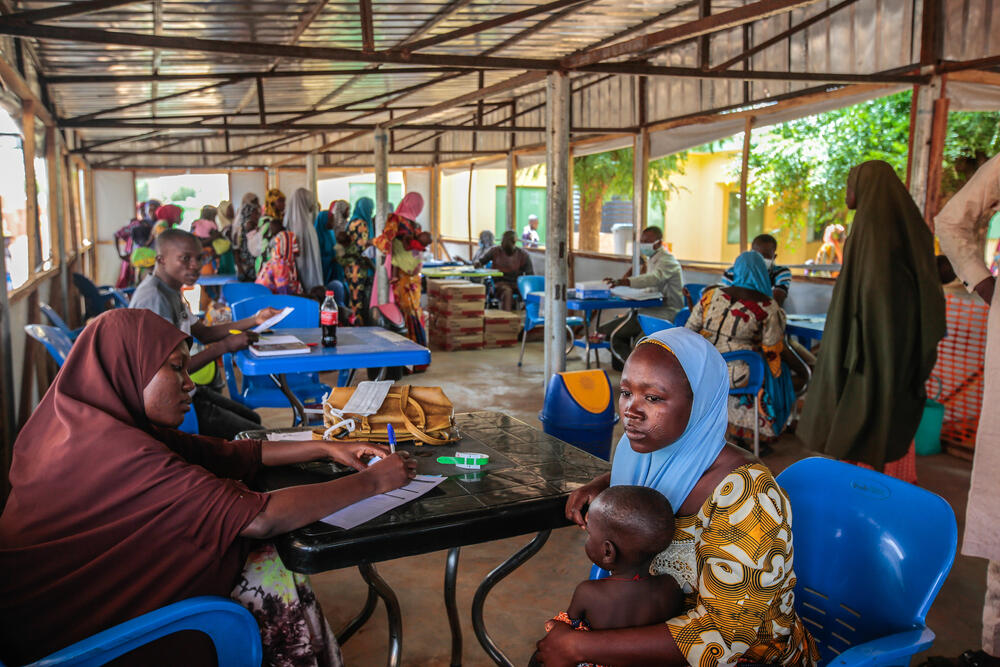Malnutrition: MSF teams preparing to treat 100,000 children in "ignored" Nigeria crisis
A growing yet largely ignored malnutrition crisis is unfolding in northwest Nigeria, threatening the lives of tens of thousands of children.
Since January, teams from Médecins Sans Frontières / Doctors Without Borders (MSF) have been working alongside Nigerian health authorities in five northwestern states of the country, already treating more than 50,000 children suffering from acute malnutrition, including 7,000 who required hospital care.
Now, MSF is warning that the situation will soon become unsustainable without increased lifesaving humanitarian support.
100,000 children
“We’re getting ready to treat up to 100,000 malnourished children this year in our nutrition programme in Katsina state alone, and have also expanded our response in Kebbi, Sokoto, Zamfara and Kano states,” says Michel-Olivier Lacharite, head of MSF emergency operations.
“The ‘hunger gap’ has begun (a period when the last harvest has run out before the next is available) and the peak of malaria transmission – which would further deteriorate the health and nutritional status of children – is yet to come.”
“Despite our calls in recent months to both humanitarian organisations and authorities to scale up medical activities, we have not seen the mobilisation needed to avert a devastating nutrition crisis,” says Lacharite.
“Acknowledging the acute needs of these children is long overdue, and we strongly urge making lifesaving support a priority now.”
Emergency response
In the area of Gummi, in Zamfara state, MSF teams conducted a screening of more than 36,000 children under five years old in June, following an alert.
The results were alarming: more than half the children were found to be malnourished. And, of the total children screened, almost every fourth was severely malnourished and in need of urgent medical care.
MSF, in cooperation with the authorities, is immediately launching an emergency response in the Gummi area.
Elsewhere, in Katsina, the teams quickly had to increase their inpatient capacity from 100 to nearly 280 beds in the last few weeks. However, the influx of malnourished children was so significant that a ‘restricted admission criteria’ had to be introduced for some of the treatment centres.
In Kebbi, where MSF runs an inpatient and two outpatient facilities, about 1,500 malnourished children have been treated since March alone.

Help us prepare for the next emergency
Pushed to the limits
In this chronically food-insecure region, escalating levels of violence have pushed many communities to their limits – including about 500,000 people forced to flee from homes, according to the International Organisation for Migration.
In recent years, armed groups that are locally referred to as ‘bandits’ have intensified attacks, killings, kidnappings, lootings and sexual violence.
Many people cannot farm, cattle are stolen, and markets and trade are disrupted amid soaring staple food prices in an already fragile environment for healthcare.
If the current humanitarian assistance lags far behind in northwest Nigeria, that’s partly because the UN has failed to include the region in its humanitarian response plan for the country. This currently only focuses on the critical situation in the northeast.
As a result, many organisations are struggling to follow up on assessments and secure funding to implement lifesaving support in northwest Nigeria, despite the known acute needs.
“The plight of malnourished children in northwest Nigeria cannot continue to be neglected,” say Froukje Pelsma, head of MSF in Nigeria.
“International donors and agencies, including UNICEF and the World Food Program, must increase their support to healthcare facilities to provide communities with access to nutritional treatment, in collaboration with the Nigerian authorities who must contribute as well.”
MSF and malnutrition
Nine children die every minute because their diet lacks essential nutrients.
When children suffer from acute malnutrition, their immune systems are so impaired that the risk of death is greatly increased.
According to the World Health Organization (WHO), malnutrition is the single greatest threat to the world’s public health. Globally, there are more than 232 million children suffering from malnutrition.


